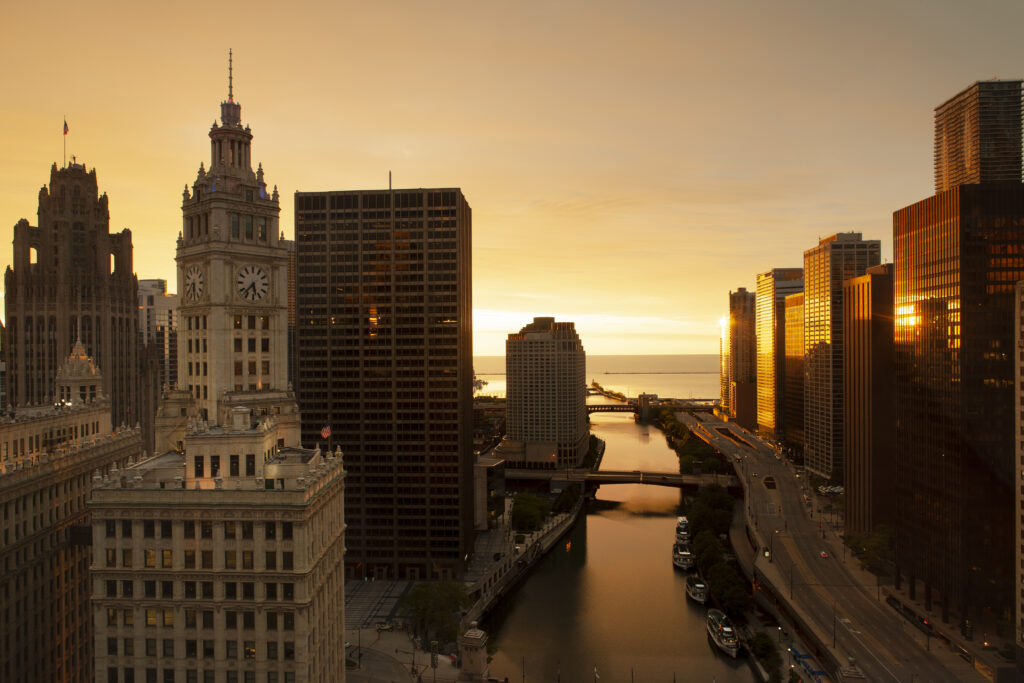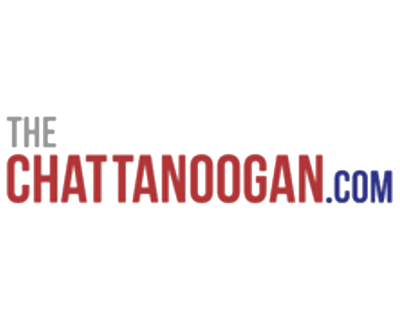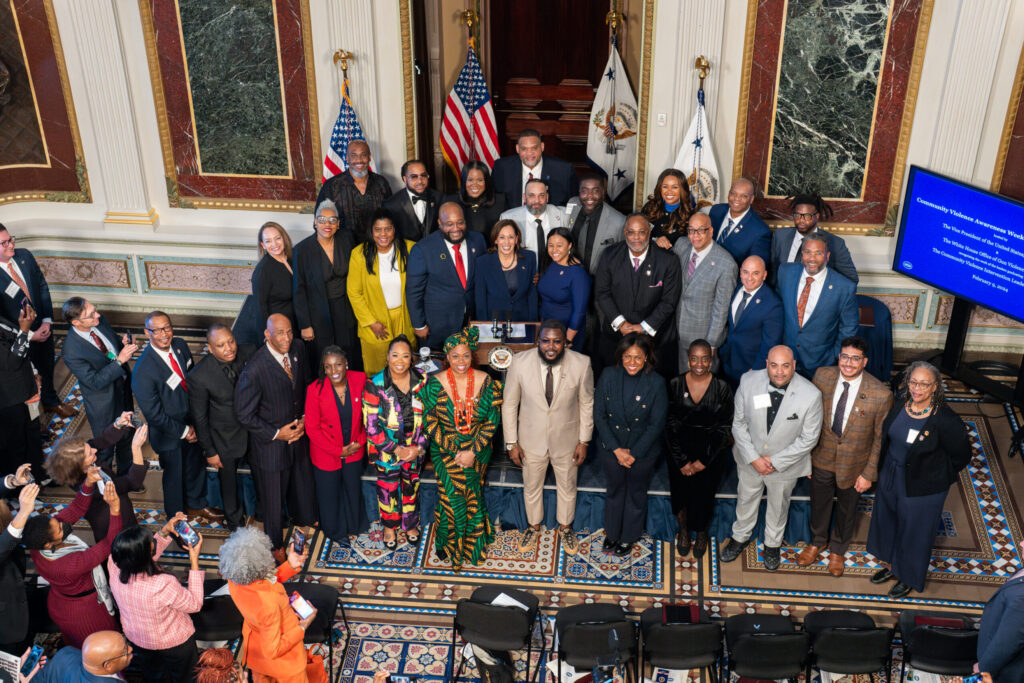Gun Violence
In cities across America, communities face high rates of gun violence and significant harm caused by the criminal justice system – both of which disproportionately impact communities of color.
Our nation’s public safety crisis is a gun violence crisis, and for some communities, this crisis is worse than ever before. In fact, in 2020, Black Chicagoans experienced more homicides per resident than any year on record. This violence was heavily concentrated: in 2020, the gun homicide rate in Chicago’s four most violent police districts was 26 times higher than in the four safest police districts. In 1991, the rate for those same districts was 13 times higher — meaning the safety gap has doubled in Chicago’s most vulnerable neighborhoods since the 1990s.
There is reason for hope that we can turn the tide: From the peak of the early ‘90s to 2019, Los Angeles and New York have slashed their homicide rates by 77% and 88%, respectively.
The Crime Lab works with cities and community-based groups to generate evidence on interventions that prevent gun violence, including increasing public access to gun violence data, implementing behavioral science-informed interventions, and connecting individuals with employment, housing, and other supports.
Our evaluation of READI Chicago found that participants referred to the program by outreach workers in their community were 79% less likely to be arrested for shootings and homicides.
In partnership with the City of Chicago and dozens of community organizations, the Crime Lab created the Violence Reduction Dashboard, which led the nation in providing unprecedented public access to near real-time data on gun violence.
CVI Leadership Academy
The Community Violence Intervention Leadership Academy (CVILA) was established to develop the CVI sector by providing aspiring CVI leaders with the skills necessary to tackle leadership obstacles throughout their careers.

Community Safety Leadership Academies
The Community Safety Leadership Academies, composed of the Policing Leadership Academy and Community Violence Intervention Leadership Academy, aim to rigorously train the next generation of policing and community violence intervention leaders.

Supporting Enlace Chicago and New Life Centers with Data-Driven Proactive Outreach
Using a data-driven approach, the Crime Lab provides individual referrals to help outreach organizations Enlace Chicago and New Life Centers target their services to people who may be at the highest risk for gun violence involvement in the near future.

City of Chicago Mayor’s Office Technical Assistance
The Crime Lab supports the City of Chicago’s Mayor’s Office on several crime reduction projects and initiatives that aim to improve public safety outcomes for Chicago residents.


Economic Club of Chicago- Chicago’s Safety Snapshot: Issues and Opportunities
These slides were presented by the Crime Lab at a forum hosted by the Economic Club and Commercial Club of Chicago.

Violence Reduction Dashboard

Webinar: Overview of the City of Chicago’s Violence Reduction Dashboard
Launched in May 2021 by the City of Chicago, with design and technical support from the Crime Lab, the Dashboard is a first-of-its-kind comprehensive tool that allows unfettered public access to city violence trends categorizable by victim type, date, and geographic area.

Machine Learning Can Predict Shooting Victimization Well Enough To Help Prevent It
This National Bureau of Economic Research Working Paper shows that shootings are predictable enough to be preventable.
Latest Updates
Chattanooga Police Chief John Chambers Completes University Of Chicago Crime Lab’s Policing Leadership Academy
Chattanooga Police Department Chief John Chambers graduated from the University of Chicago Crime Lab’s Policing Leadership Academy, an education program dedicated to reducing violent crime and improving police effectiveness.

Vice President Kamala Harris Recognizes the CVILA at White House Ceremony

Chicago Police Make an Arrest in Only 20 Percent of Fatal Shootings
The Trace’s Rita Oceguera and Justin Agrelo highlight only 20% of fatal shootings in Chicago result in an arrest. Philip Cook, a professor emeritus of public policy and economics at Duke University, has been working with the University of Chicago’s Crime Lab to examine clearance rates and has noted a sharp decline in homicide clearance rates over the years.

